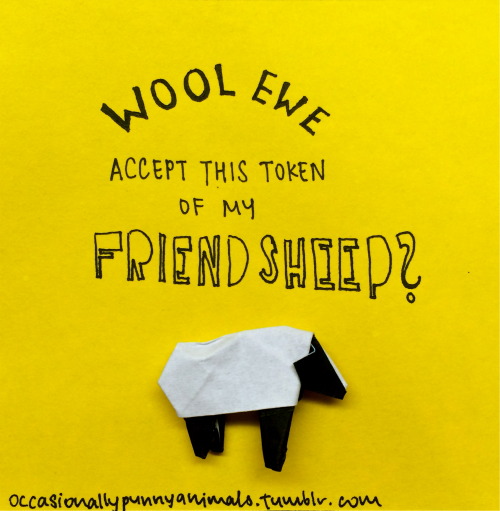I've felt for a while like I've been having a harder time connecting with people and their cultures here in various countries than I did when I was in SE Asia. Maybe its because people here are a little bit more reserved? Maybe its because there are more similarities between N America and S America. There are more things here that feel 'normal' than in SE Asia, so I don't notice them? Who knows. Either way, I decided that one of the things I wanted to do on my way up to Quito was to do a homestay in Saraguro, Ecuador.
This meant a couple days of constant busing through northern Peru. I spent one evening hanging around in Piura, Peru. A ridiculously hot town about an hour from the coast. I had read that there wasn't much to do here, but I really enjoyed just wandering around. I ended up getting lots of help finding the proper bus tickets from a lovely taxi driver and had a lovely chat with a lady while I ate ice cream in the main plaza. Oh, did I mention that it was SO HOT. I spent most of the evening streaming crappy American TV and sweating.
 |
| Church in Piura |
 |
| Bus station friend |
The next day I caught a bus across the border and back to cooler temperatures. When I got to Saraguro, I was taken to my homestay with Marcelo and Maria's family. They have four kids, three of them are older, from 20 to 15. They seemed pretty content to do their own thing. The younger girl is six and we got on quite well. We colored and went on hikes. We also had quite a serious talk about alcoholism. As we were coloring one evening, she asks me if people in my country have problems with alcohol. I say yes I think so, but why is she asking. Apparently her neighbor gets drunk and hits his wife, just like her dad used to do to her mom. He even did it when she was pregnant. But then they became Christians. Now he doesn't drink and everyone is much happier.
Then she went back to coloring. Can't say I was prepared for that conversation whatsoever.
 |
| Nom nom |
Saraguro is a very small traditional town. This group of people managed to survive the Spanish conquest, and are one of the best preserved indigenous groups in Ecuador. Kichwa is their native language. Men have long hair. Both men and women wear black clothes, including ponchos. Maria explained to me that this is to help the clothes attract heat. I wish I had taken a couple of decent photos. The communities in this area appear to have made an effort to stay connected to their roots.
One evening, was a celebration (I was never exactly sure why). But there was a traditional folk music band and everyone danced in a circle. Then at some arbitrary moment, someone would decide to change the direction of the circle. So we would dance/walk in the opposite direction. The someone would change it again. And again. It was a fairly simple dance, but it was quite easy to spot the men who'd been drinking. Took them a lot longer to change direction than the rest of us.
 |
| View from a hike I went on |
 |
| Secret cave and teenage drinking spot, judging by the bottles and cans |
 |
| It's yellow! |
 |
| My guide, collecting all sorts of branches and leaves. Later we made some dirt/flower soup. |
 |
| Also scaling mountainsides |
 |
| Success! The waterfall! |
Marcelo is from Colombia and met Maria when they both worked in Quito. They decided to come live on Maria's fathers land because it was safer than southern Colombia where Marcelo's parents live. Here they grow organic veggies and make handicrafts to sell at markets. Maria taught me how to clean and spin the wool into yarn. She makes it look so easy! It's not. It seemed like both of the adults and their oldest daughter were constantly working. They also host travelers like me occasionally. Even with this, Maria was telling me that they can't afford to send any of their kids to university. Even the closest one, in Loja, would mean that their children would have to live in the city. (If you didn't already know, most people don't move out as soon as they turn 18 like has become so common in the US.) The living expenses coupled with the tuition expenses are too much for the family. She was saying that she believes this is quite common with people from low-income rural areas.
 |
| The wool from a black sheep is much more rare and expensive than a white sheep. Maria got up at 5am to walk an hour to go buy this and be back to cook breakfast for the family |
 |
| She only needs two hands to do this. I needed four. Mine and hers. |
After a couple days with them helping with wool and taking care of the sheep, I was off to Quito to meet up with my mom!!!












